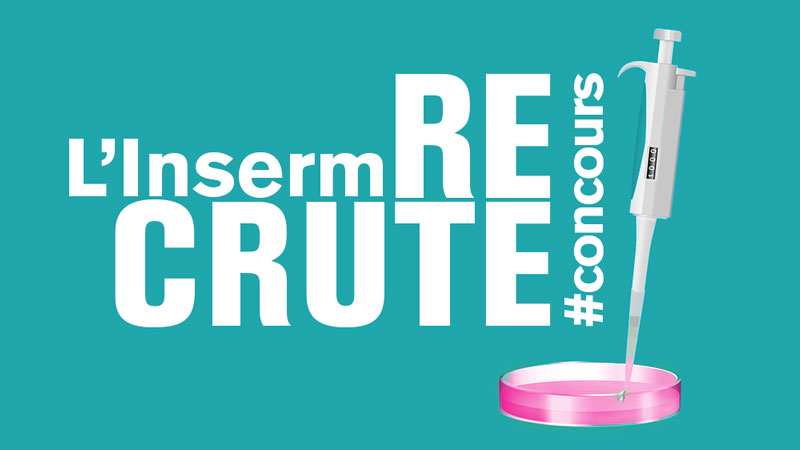Curriculum and professional experiences
The Evaluation Committee Members must indicate:
- The complementarity or diversity of skills acquired during the professional career;
- If the curriculum is linear or multidisciplinary;
- If the candidate returns to his thesis laboratory, assess the relevance of this continuity;
- If the work in different laboratories is appreciated (publication as first, co-first author or other work).
Production
The Evaluation Committee Members gives their opinion on the major achievements (thesis included) described by the candidate during these different professional experiences. He must appreciate the importance of the conceptual, methodological or technological contribution of the work and its impact for Inserm. He gives his opinion on the achievements taking into account the personal contribution of the candidate (publications, economic and clinical transfer).
Publications:
The Evaluation Committee Members must give their reasoned opinion on the quality, level of involvement of the candidate and visibility of:
- original articles in peer-reviewed journals;
- other publications (reviews, publications at international meetings, journals without a review board, books...).
Valorisation:
The Evaluation Committee Members must give their opinion on the candidate’s development capabilities in terms of:
- Economic development:
- Invention (patents, licenses, industrial contracts);
- Business creation;
- Development of tools (software, databases, anthologies...)
- Clinical transfer:
- Proof of concept study, PHRC, CHRT, clinical study…;
- Involvement (promoter, coordinator, partner…) in transversal structures (cohorts, surveys, referral centers, CIC, CRB…)
- Societal valuation:
- Co-production of tools or devices in partnership with associations or other collectives;
- Implementation of registers, cohorts, questionnaires on the initiative and/or in consultation with associations or other collectives;
- Creation of associations and/or participation in their governance.
Project
- The Evaluation Committee Members must specify:
- Whether the project is in line with previous work or introduces a conceptual and/or technological interruption;
- The expected impact on the advancement of knowledge in the principle field as well as in other disciplines.
- Evaluation Committee Members must analyze and evaluate:
- Originality and relevance of the research question asked, the risk, clarity of objectives, positioning in the national and international contexts, methodological feasibility;
- Adequacy of resources (human and financial) and environment (access to platforms, availability of tools);
- The role of the candidate in the project;
- Potential for economic, clinical and societal transfer;
- Consideration of ethical rules and regulatory aspects: rigor and integrity (statistical methodology, conflict of interest, reproducibility...).
Animation
The Evaluation Committee Members must give their opinion on the candidate's ability to:
- Lead an innovative project;
- Present his/her work (oral presentations at conferences, posters, invitations to give seminars in institutes with international reputation…);
- Perform scientific communication in the form of preprints open access (bioRxiv type);
- Participate in the financing of his/her research;
- Supervise (co-supervision of theses, masters, technicians…);
- Teaching;
- Participate in the collective life of the unit (seminars, management, health and safety, good practices, quality…);
- Interact with civil society: dissemination of knowledge and contribution to the scientific and technical culture of the general public (conferences, debates, interviews…), actions carried out in partnership with patient associations (information meetings, plaques or works, vocational training…) or other societal group.
The role of the candidate is evaluated in relation to the number of years of professional activities (thesis and post-doctorates).
Oral presentation
The Evaluation Committee Members must comment on the quality of the oral presentation and evaluate the:
- Structured, rigorous and didactic character;
- Ability to convince, dynamism;
Discussion
The Evaluation Committee Members must comment on the relevance of the answers during the discussion by evaluating:
- Their abilities to analyze, imagine, critically think, listen and debate, conciseness of answers;
- The autonomy of the candidate, team spirit, ability to lead a team, willingness to transmit and collaborate;
- Scientific culture;
- Behavioral intelligence.
The Evaluation Committee Members must also give their opinion on their integration into the host laboratory and knowledge of the academic research system in France.



